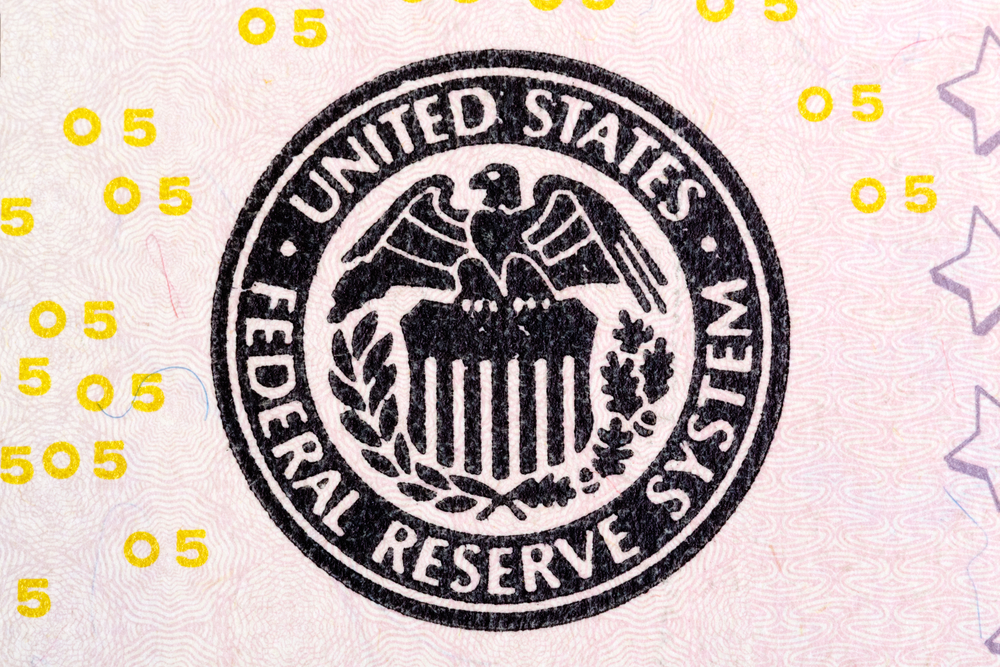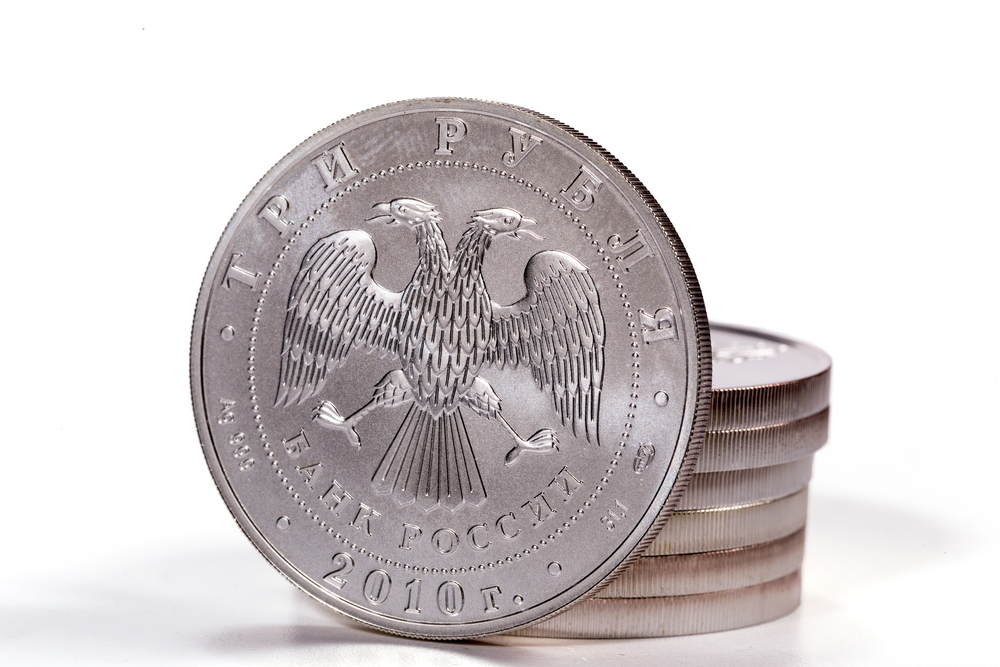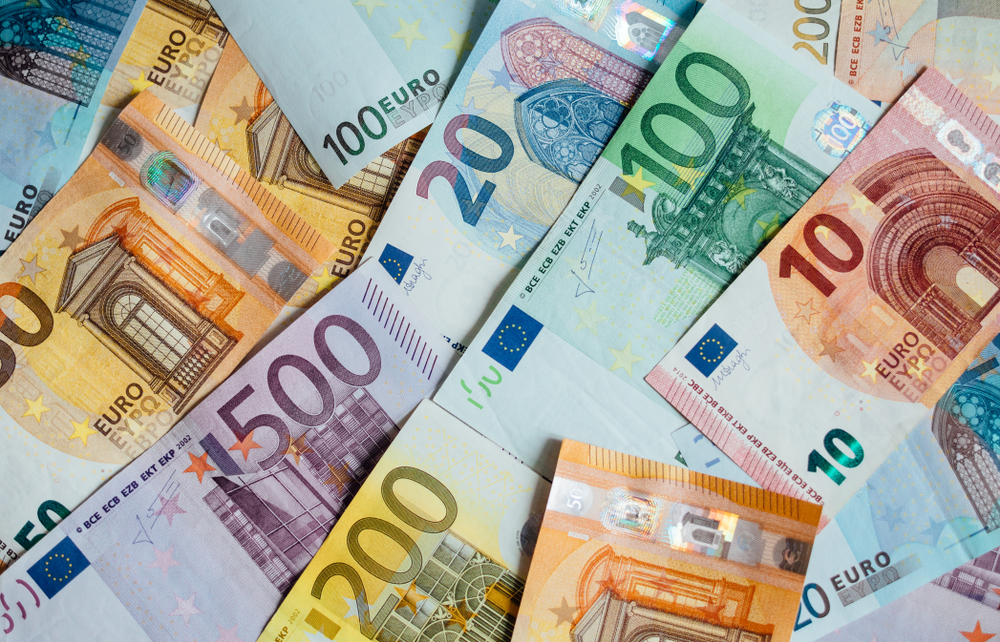Coronavirus

On this page, you will find our latest news and analysis of the Coronavirus, and how it is affecting the world’s financial markets.
Special Article: Revisiting SARS and How the New Coronavirus Outbreak Can Affect Financial Markets
Coronavirus Map
In January 2019, news of a SARS-like coronavirus hit the newswires. It began in the Chinese province of Wuhan and is said to have come from animals. Its symptoms include a runny nose, cough, fever, and difficulty breathing. In more severe cases, it can lead to kidney failure and death. Officially the new virus is called 2019-nCoV, and it quickly infected over 800 people in less than two weeks. The death toll also rose from 3 to 25 in a matter of days. Countries outside of China soon began recording cases of the coronavirus from Japan, Thailand, South Korea, the US, and Australia.
To curb the spread of the disease, the Chinese government imposed a travel ban for the city of Wuhan. It was a bold move considering that Wuhan is a large city of 11 million people and is considered a significant transport hub. Soon after, eight more Chinese cities were limited from travel.
Consequently, the infection sparked public fears. It did not take long for that fear to affect financial markets. Among those adversely hit was the Hang Seng Index. The proximity of the financial hub to the epicenter took its toll on stocks in the retail, transportation, and property sectors. The Shanghai Composite Index initially benefitted from the news thanks to increased sales by pharmaceutical and mask-producing companies. However, risk aversion quickly caught on, and the Chinese stock index began trading lower.
On the other hand, safe-haven assets like gold and the Japanese yen saw increased demand as fears of the coronavirus mounted.














